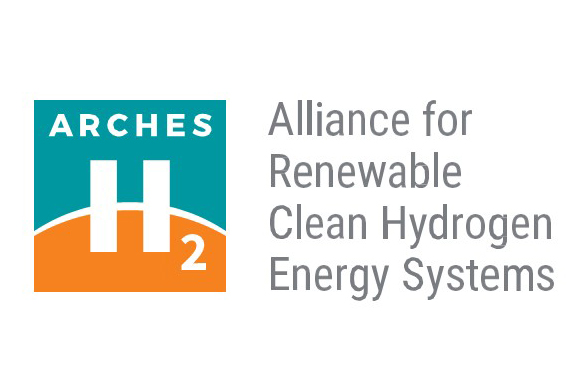Driving California Forward: The Rise of the Hydrogen Economy
Key Ideas
- ARCHES, a pioneering hydrogen hub in California, is spearheading the state's transition to a sustainable, zero-emissions future through job creation, innovation, and environmental conservation.
- Collaboration between government bodies, private businesses, and ARCHES is crucial to achieving California's climate goals and reducing greenhouse gas emissions.
- Hydrogen projects led by ARCHES are not only creating jobs but also delivering significant health benefits and economic advantages, particularly in hard-to-electrify sectors like transportation and logistics.
- Key initiatives including hydrogen production sites, power plant transitions, and transportation partnerships are underway to establish a robust hydrogen infrastructure across California, ensuring a cleaner and healthier environment for local communities.
California is at the forefront of the hydrogen economy revolution, with a strong emphasis on clean energy and sustainability. The Alliance for Renewable Clean Hydrogen Energy Systems (ARCHES) is playing a pivotal role in driving this transformation, backed by a coalition of public and private partners. Through the leadership of ARCHES CEO Angelina Galiteva and support from Governor Gavin Newsom, the state is moving towards a net-zero future by harnessing the potential of hydrogen across various sectors.
Governor Newsom's directive to GO-Biz to expedite hydrogen infrastructure development underscores the government's commitment to accelerating the adoption of hydrogen technologies. The collaborative efforts of ARCHES and its partners aim to create over 200,000 jobs and deliver approximately $2.95 billion in health-related economic benefits annually through hydrogen projects.
One of the key focuses of ARCHES is the establishment of hydrogen production sites and power plant transitions in strategic locations like the Central Valley, Los Angeles Scattergood plant, and Lodi Energy Center. Additionally, partnerships with regional transit agencies are facilitating the development of hydrogen fueling stations for thousands of clean vehicles, reducing air pollution and enhancing community health.
The versatility of hydrogen is highlighted as it offers a complement to battery electric vehicles, especially in sectors like heavy-duty transportation and ports. With projects already underway to replace diesel-powered vehicles with hydrogen fuel cell alternatives at major ports like Long Beach, Los Angeles, and Oakland, the environmental benefits of this transition are set to be significant.
Overall, the ARCHES initiative signifies a positive step towards a sustainable future, emphasizing the economic, environmental, and social benefits of embracing hydrogen technology in California's quest for a cleaner, greener tomorrow.
Topics
Fuel Cells
Environmental Impact
Clean Energy
Infrastructure
Job Creation
Economic Development
Government Support
Public-private Partnership
Technology Advancement
